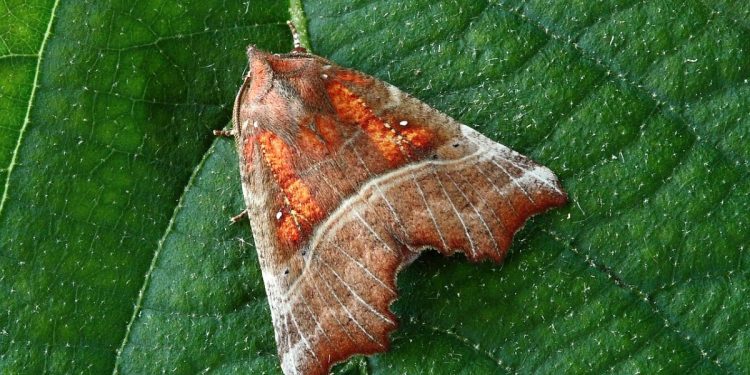#MothsMatter #LepidopteraConservation #EcosystemHealth #Pollinators #Biodiversity #HabitatLoss #LightPollution #Bioindicators
Moths, a group of insects under the order Lepidoptera, are often overshadowed by their more colorful and charismatic cousins, the butterflies. However, moths play a vital role in many ecosystems and their importance cannot be overstated.
Development: Moths are important pollinators, especially in habitats where there are fewer bees or other insects. They are also a crucial food source for many other animals such as birds, bats, and small mammals. Moths are often used as bioindicators of environmental health, with some species being particularly sensitive to changes in habitat quality and climate. Additionally, some species of moths are economically important for their role in silk production or as pests that damage crops or stored food.
Consequences: Despite their importance, moths are often overlooked in conservation efforts and their populations are declining due to habitat loss, pesticide use, and light pollution. This decline has far-reaching consequences for ecosystems and biodiversity as a whole. Without moths, many plant species would struggle to reproduce, and the animals that depend on them for food would suffer as well. Moreover, the loss of certain moth species could disrupt entire food webs, leading to cascading effects throughout ecosystems.
In conclusion, moths matter, and it’s time we start paying attention to their importance in ecosystems. By protecting habitats, reducing pesticide use, and minimizing light pollution, we can help ensure the survival of these crucial insects and the ecosystems that depend on them.







